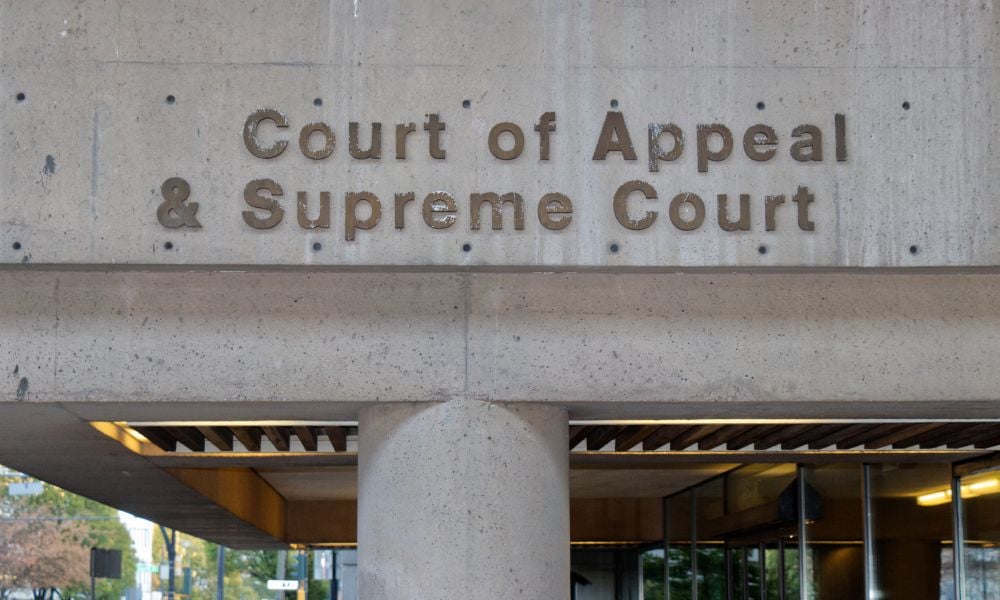
The court emphasized that a trial judge has limited authority to overturn a jury's decision

The Supreme Court of British Columbia dismissed a mistrial application in a personal injury case, ruling that the jury’s verdict was consistent, supported by evidence, and within its discretion to assess damages independently.
The trial focused on the extent of the plaintiff’s injuries and the damages owed. The defendants admitted liability and causation for some injuries, leaving the jury to determine the plaintiff’s losses. The plaintiff sought over $5 million in damages, while the defendants proposed significantly lower amounts. The jury awarded the plaintiff $300,051 in total damages, covering pain and suffering, future income loss, future care, and special damages. The jury did not award compensation for past wage loss, loss of housekeeping, or childcare capacity.
Read next: Pain and suffering settlement examples: the top precedents in Canadian law
Following the verdict, the plaintiff applied for a mistrial, arguing that the jury’s decision was contradictory. The plaintiff contended that awarding $215,000 for future loss of earning capacity while awarding nothing for past wage loss was illogical and that the jury failed to understand the law. The plaintiff also claimed the jury’s verdict lacked evidentiary support and conflicted with prior legal precedents. The defendants opposed the application, arguing that there was no inconsistency in the jury’s findings and that evidence supported the verdict.
In its ruling, the court emphasized that a trial judge has limited authority to overturn a jury’s decision. Under Rule 12-6 of the Supreme Court Civil Rules, a retrial is only required if a jury’s answers are conflicting to the point that the court cannot render judgment. The court rejected the argument that awarding nothing for past income loss conflicted with granting damages for future loss of earning capacity, noting that the jury considered differing expert opinions on the plaintiff’s career trajectory. The court emphasized that the jury was entitled to weigh the evidence, apply contingencies, and account for the plaintiff’s social assistance benefits when assessing past wage loss.
The Supreme Court dismissed the claim that the special damages award conflicted with the past income loss decision. It found that the jury was not bound to follow the precise figures suggested by either party and had the discretion to assess damages independently. Regarding the plaintiff’s assertion that the future earning capacity award was too low, the court ruled that trial judges lack jurisdiction to overturn jury verdicts based on quantum alone, as such matters are for the Court of Appeal.
Concluding that there was no conflict in the jury’s findings and that evidence supported the verdict, the court dismissed the mistrial application and awarded costs to the defendants.